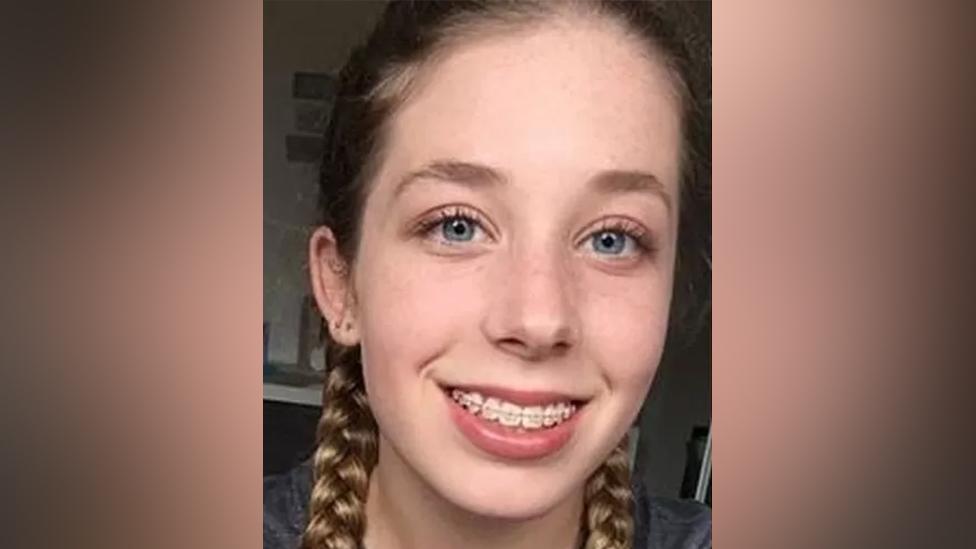Priory Hospital Cheadle mental health services unsafe - watchdog
- Published
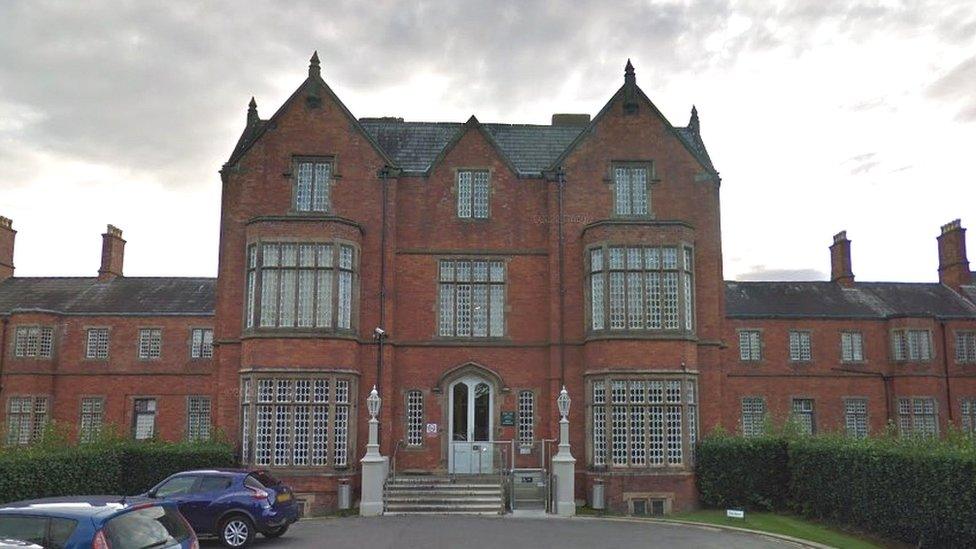
Inspectors raised various concerns at Priory Royal Cheadle Hospital
A hospital which provides mental health services to adults and young people has been told to urgently improve "unsafe" elements of its care.
Cheadle Royal Hospital, also known as the Priory Hospital Cheadle Royal, was inspected by the Care Quality Commission earlier this year.
The watchdog kept its overall rating as "requires improvement" but downgraded it to inadequate for safety.
The hospital said it had "addressed the issues raised" since the inspection.
The Priory Hospital Cheadle Royal provides psychiatric care to adults, children and young people, and treatment for specialist eating disorders.
Its unannounced inspection took place in February and March, less than a year after its last inspection in April 2022.
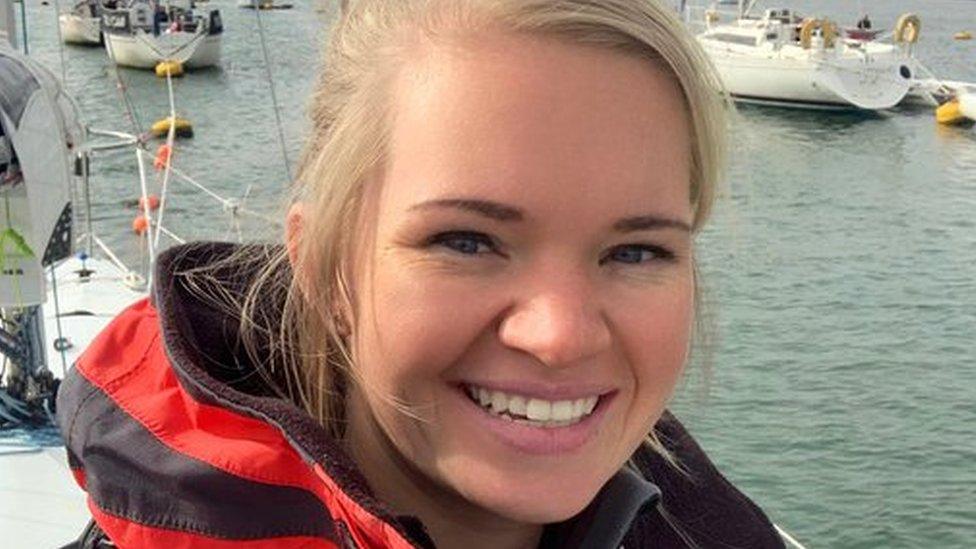
Health blogger Beth Matthews took her own life at a unit at the hospital in March 2021
The watchdog said the hospital's operators were issued with a warning notice to focus attention on making rapid improvements around physical health monitoring and medicines management.
The hospital, near Stockport, Greater Manchester, was criticised at the inquest of health blogger Beth Matthews, 26, who took her own life at a unit at the hospital in March 2022, by swallowing a poisonous substance.
Ms Matthews was being treated as an NHS patient for a personality disorder - but an inquest jury concluded she died from suicide contributed to by neglect.
A BBC investigation found two other women had died at the hospital - Lauren Bridges and Deseree Fitzpatrick - in the two months before.
The hospital said the deaths were "extremely tragic" but "unconnected".
In 2022, only three of the hospital's 13 wards were inspected, which are dedicated to child and adolescent mental health.This time, seven wards were visited, including acute wards for adults of working age and psychiatric intensive care units; child and adolescent mental health wards; and specialist eating disorder services.
Prescription concerns
The CQC report, which has just been published, said staff were not always able to safely prescribe, administer, and record medicines.
Health screening and monitoring was not always carried out in accordance with national guidance, and records were not always completed correctly, or consistently.
Alison Chilton, CQC deputy director of operations in the north, said inspectors had seen a deterioration in the safety of care being provided.
She said: "Although there had been some improvements around staffing levels and culture since the previous inspection in April last year, there were still some areas which need to be addressed.
"We were concerned that leaders hadn't implemented a clear process for ensuring people were monitored after having rapid tranquilisation.
"Also, screening for blood clots should have taken place when people were admitted to the ward, however this wasn't always happening. The provider must address this as a priority to keep people safe."
A hospital spokesman said the report was "largely positive" and it had addressed the issues raised, pointing out the inspection was more than seven months ago.
They said in a statement: "We have updated our medicines management procedures and an increased number of staff have attended our specialist training.
"We were pleased to read that inspectors found our staff treated patients with compassion, kindness and an understanding of their individual needs, with patients giving positive feedback about how they felt safe in our services."
The CQC also keep its rating for the hospital as "good" in the caring, effective and responsive categories.

Why not follow BBC North West on Facebook, external, Twitter, external and Instagram, external? You can also send story ideas to northwest.newsonline@bbc.co.uk
Related topics
- Published30 May 2023
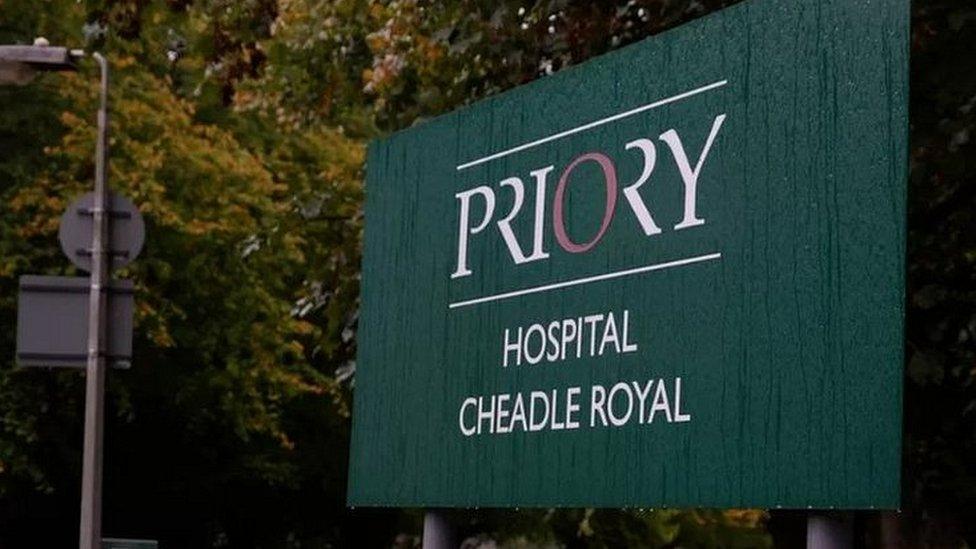
- Published20 January 2023
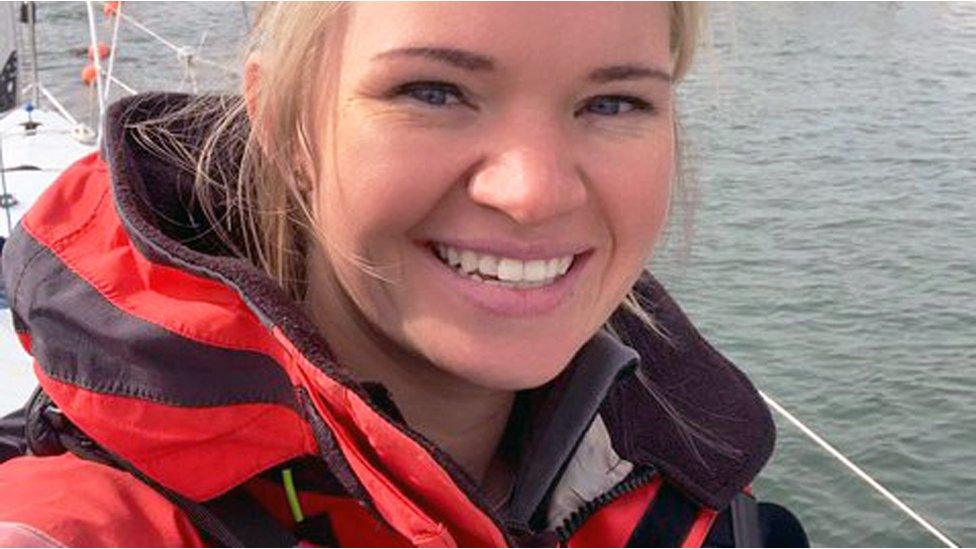
- Published19 January 2023
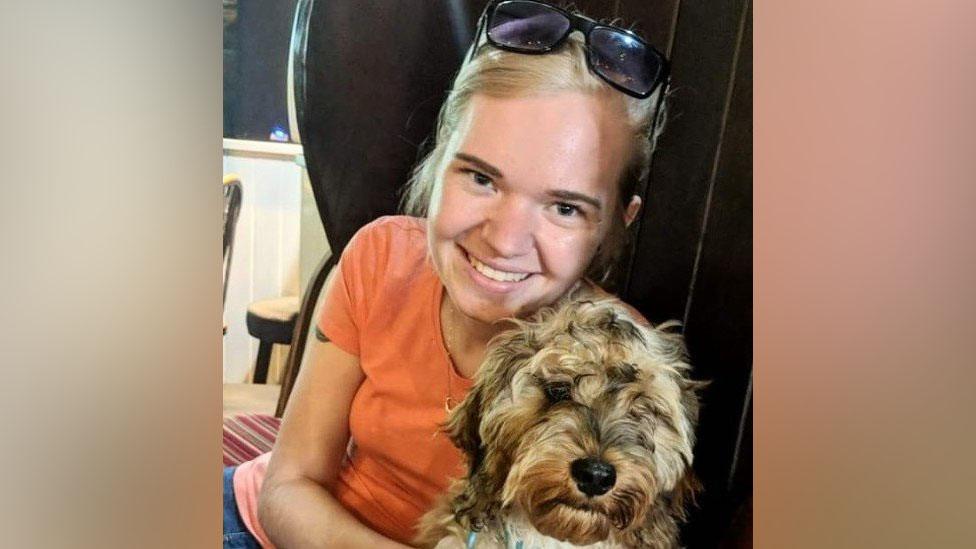
- Published9 January 2023
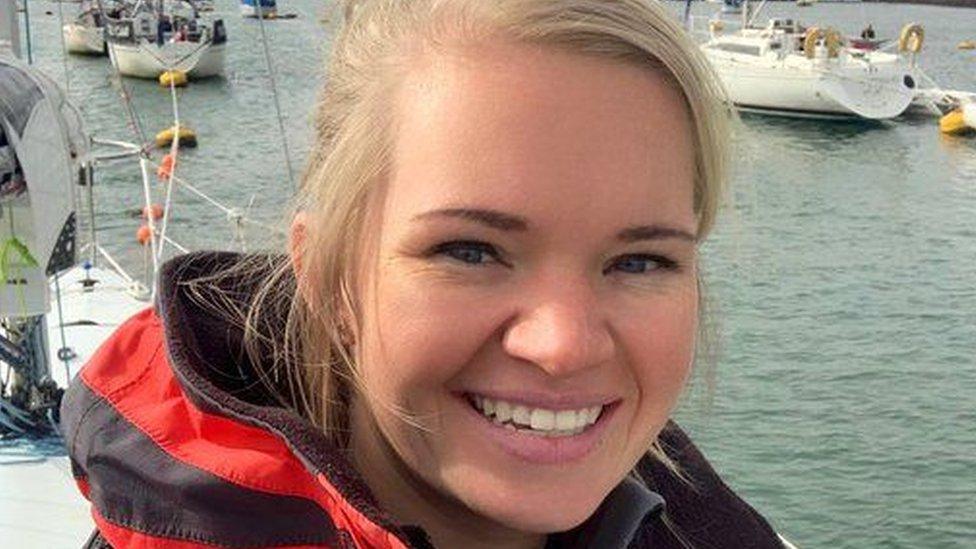
- Published19 January 2023
